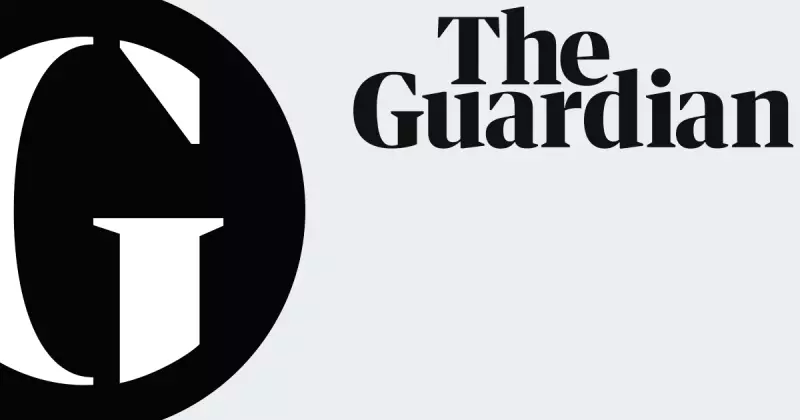
There was a time when the threat of nuclear war was a palpable, ever-present spectre haunting daily life. From government-issued public information films to the chilling dystopia of Threads, the apocalypse wasn't a distant fantasy—it felt like a genuine possibility. Yet, in the decades since the Cold War's end, that pervasive dread has all but vanished from public consciousness.
This fascinating and deeply concerning phenomenon is explored in a compelling podcast from The Guardian's archive, which asks a critical question: why have our nuclear fears faded, and why is this collective amnesia so dangerously complacent?
From Front of Mind to Forgotten Fear
The podcast traces the cultural journey of the nuclear threat. During the Cold War standoff, the doctrine of Mutually Assured Destruction (MAD) created a strange, precarious form of stability. The enemy was clear, the scenario was mapped, and the fear was a powerful motivator for political action and public vigilance.
However, the fall of the Berlin Wall and the dissolution of the Soviet Union created a 'peace dividend' mindset. The immediate threat seemed to recede, and the nuclear apocalypse was gradually filed away in the public imagination alongside other historical anxieties. It became a subject for history books, not current affairs.
The Perfect Storm of Complacency
Several factors have contributed to this dangerous forgetting. The podcast identifies a shift in global threats, where immediate concerns like climate change, pandemics, and economic instability have captured the spotlight. Nuclear war came to be seen as a 'low probability, high impact' event—too abstract and horrific to dwell on.
Furthermore, a generational shift has occurred. For those who didn't grow up with duck-and-cover drills, the nuclear threat lacks the visceral, emotional resonance it once held. This has been compounded by a decline in mainstream media coverage and popular culture depictions that once kept the risk at the forefront of public discourse.
A More Dangerous World
The great irony, as the podcast reveals, is that the world may be more perilous now than during the Cold War. While the binary US-USSR standoff has ended, the number of nuclear-armed states has increased. The risks have become more complex, entangled with regional conflicts, cyber-warfare, and the potential for miscalculation by state and non-state actors.
This new landscape requires a sophisticated and vigilant approach to disarmament and non-proliferation. Yet, public pressure for politicians to address the issue has waned significantly, creating a democratic deficit in one of the most critical areas of global policy.
Waking Up from the Nuclear Siesta
The podcast concludes with a stark warning: forgetting the apocalypse does not make it any less possible. In fact, it makes it more likely. Complacency is the enemy of prevention. The task now is to find new ways to reintegrate a sober understanding of this existential risk into our collective consciousness, without resorting to the simplistic fear-mongering of the past.
It is a call to re-engage, to educate a new generation, and to demand that our leaders treat nuclear disarmament with the urgency it demands. The memory of the apocalypse, it seems, is a vital tool for ensuring it never comes to pass.






